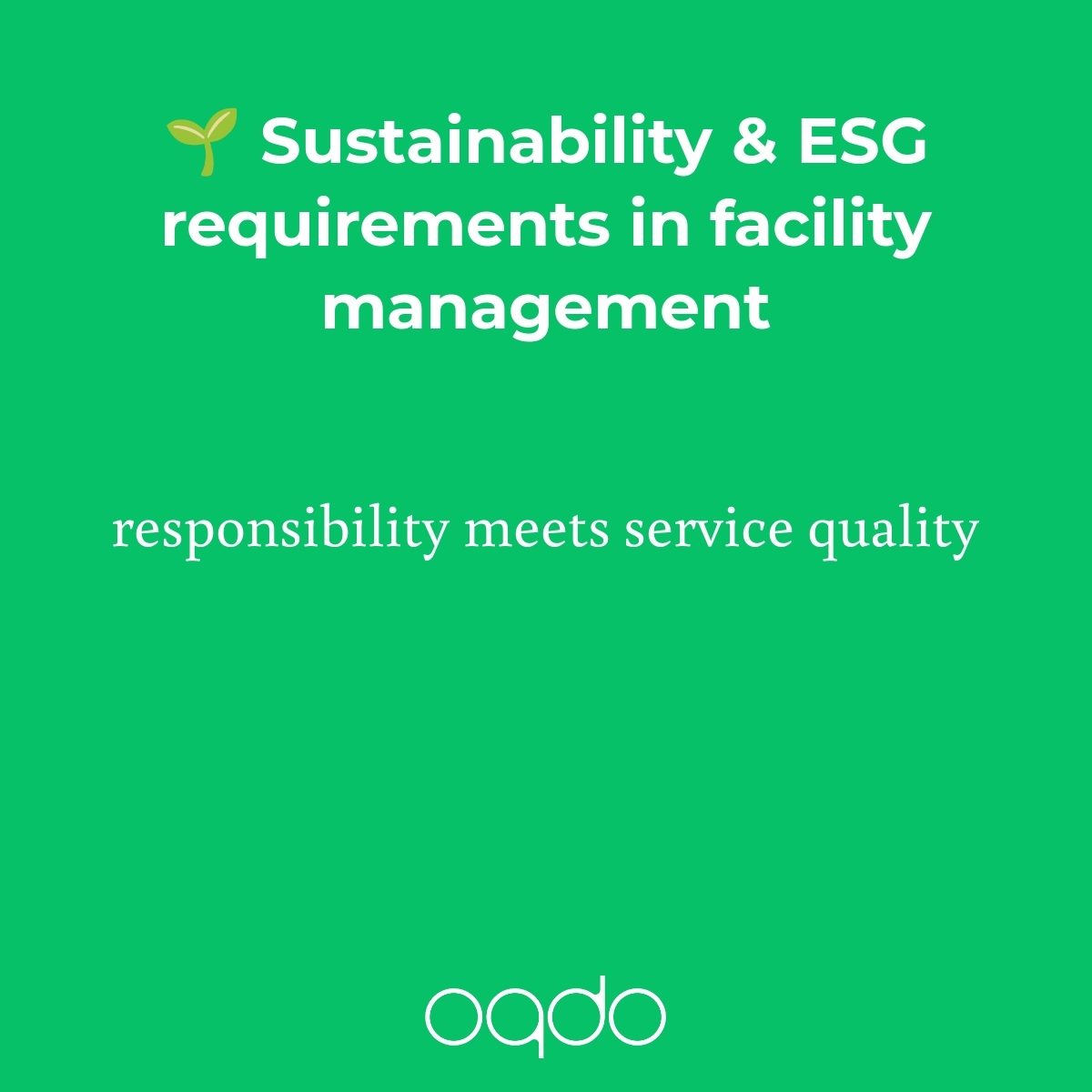In an increasingly digitalized world, efficiency is no longer just a competitive advantage – it has become a necessity. Especially in facility management, where complex processes, high operating costs, and diverse requirements converge, technology can be the decisive lever for optimally utilizing resources and elevating services to a new level.
Digitalization as a Driver of Operational Excellence
Modern technologies such as the Internet of Things (IoT), artificial intelligence (AI), and automation make it possible not only to monitor but also proactively control operational processes. Sensors in buildings provide real-time data on temperature, air quality, energy consumption, and occupancy rates. This information forms the basis for data-driven decisions that both reduce costs and increase user satisfaction.
Predictive Maintenance Instead of Reactive Maintenance
A classic example of increasing efficiency is predictive maintenance. By analyzing sensor data, potential failures can be identified and remedied early – before they lead to costly disruptions. This not only reduces downtime but also extends the service life of technical systems.
Energy efficiency through intelligent control
Building automation systems enable the dynamic adjustment of heating, ventilation, air conditioning, and lighting to actual usage conditions. This not only saves energy but also reduces CO₂ emissions – an important contribution to sustainability and compliance with legal requirements.
Integration instead of isolated solutions
A key problem with many technical infrastructures is fragmentation. Different systems often operate in isolation from one another, leading to inefficiencies and media disruptions. The solution lies in integration: Platforms that connect different technologies and data sources create transparency and enable holistic control.
Conclusion: Smart building platforms as the key to efficiency
The future of facility management lies in connected, intelligent buildings. Smart building platforms bundle data from a wide variety of sources, analyze it in real time, and enable automated, optimized processes. They provide a central interface for the management of technical systems, improve collaboration between teams and create the basis for continuous innovation.
For companies that want to be at the forefront of technology, such platforms are not just a tool - they are a strategic success factor.

